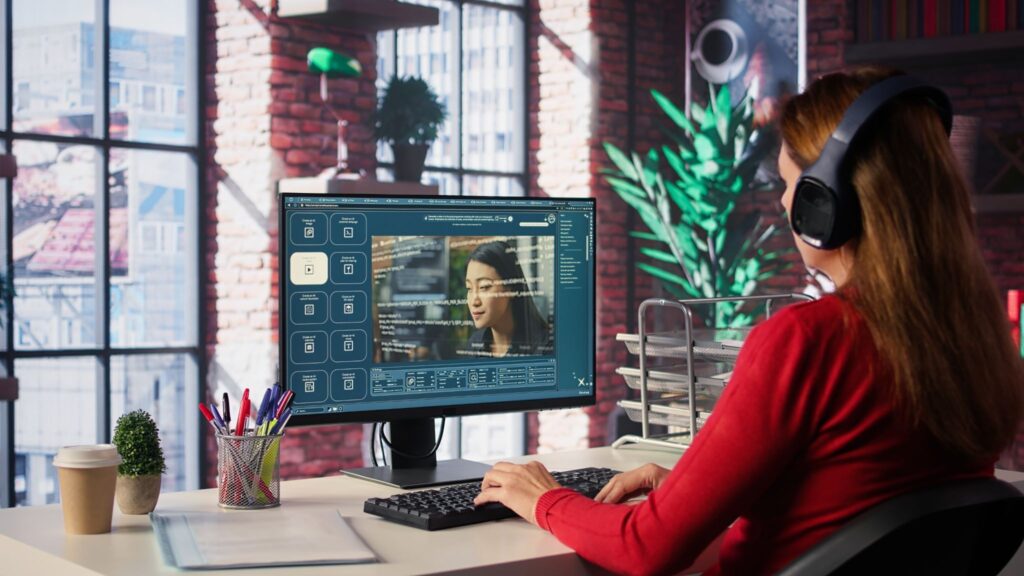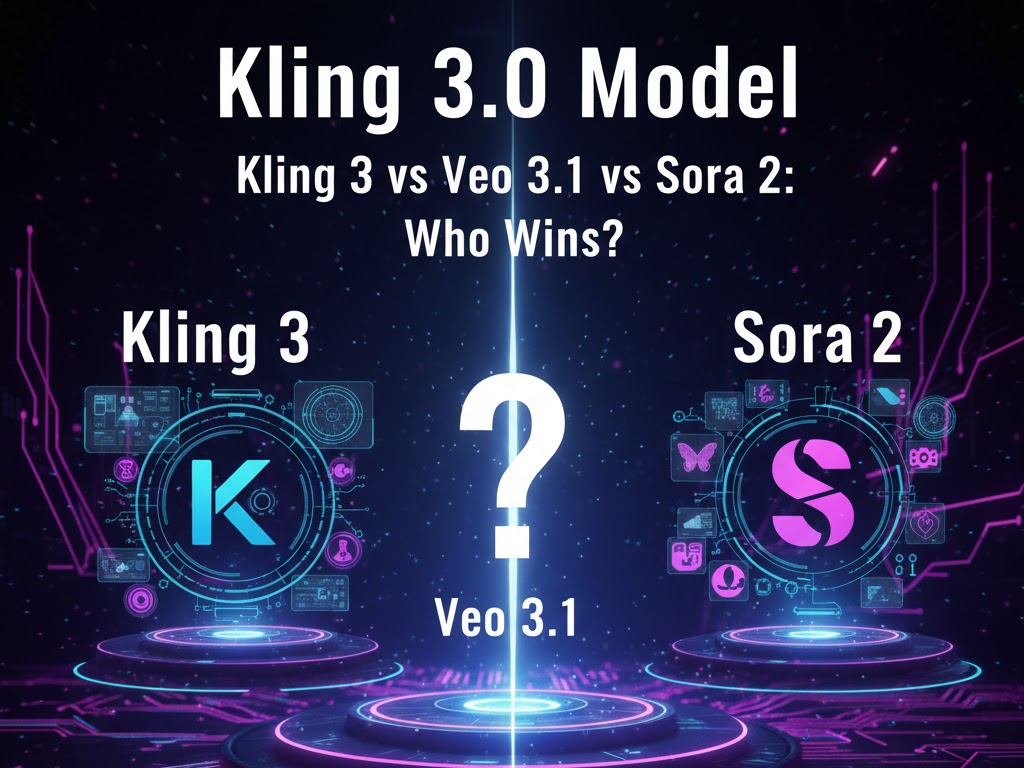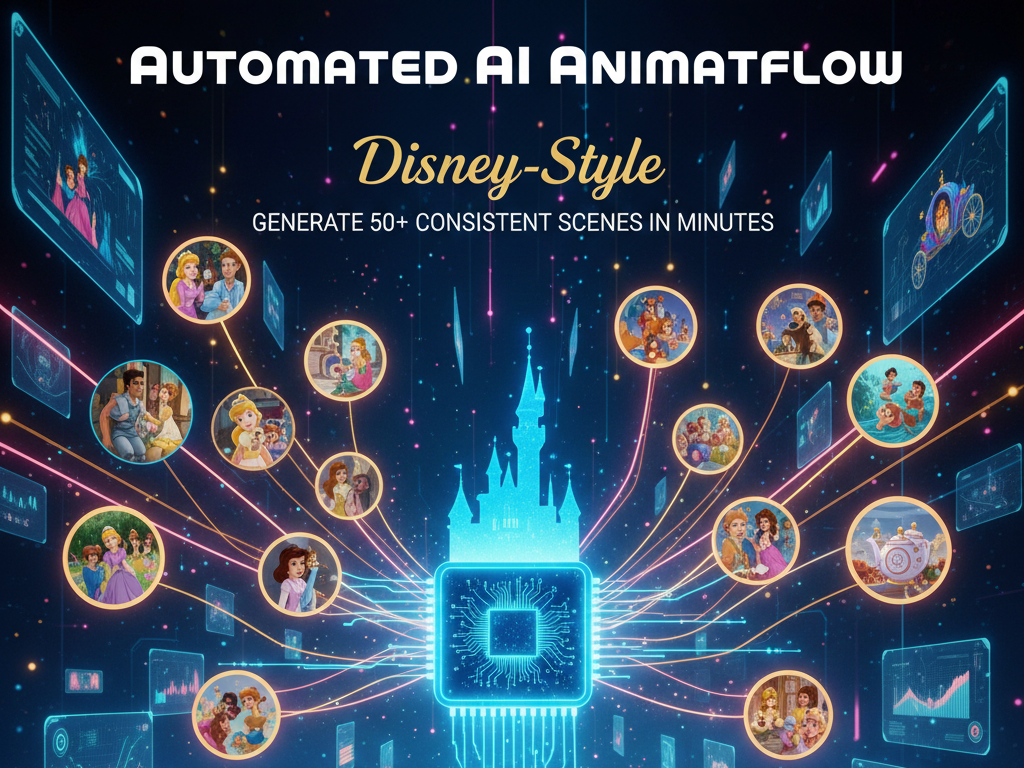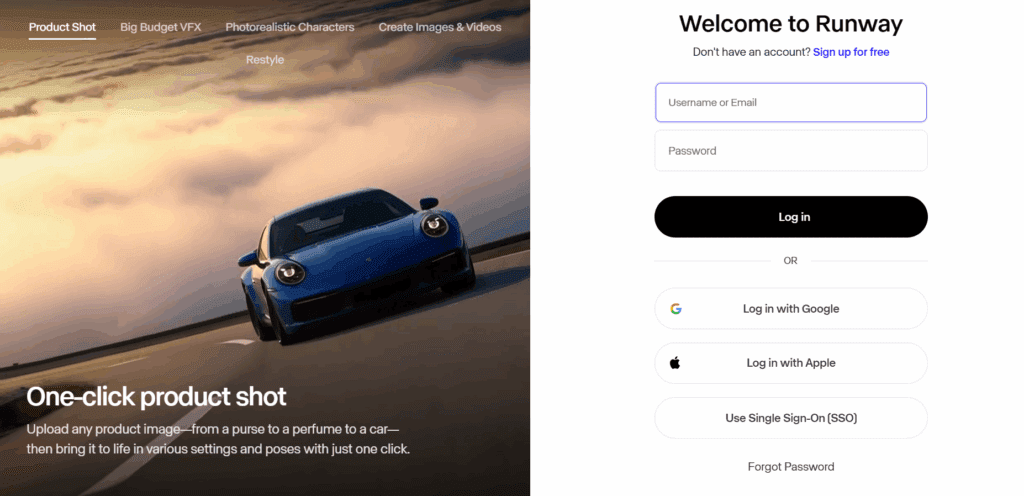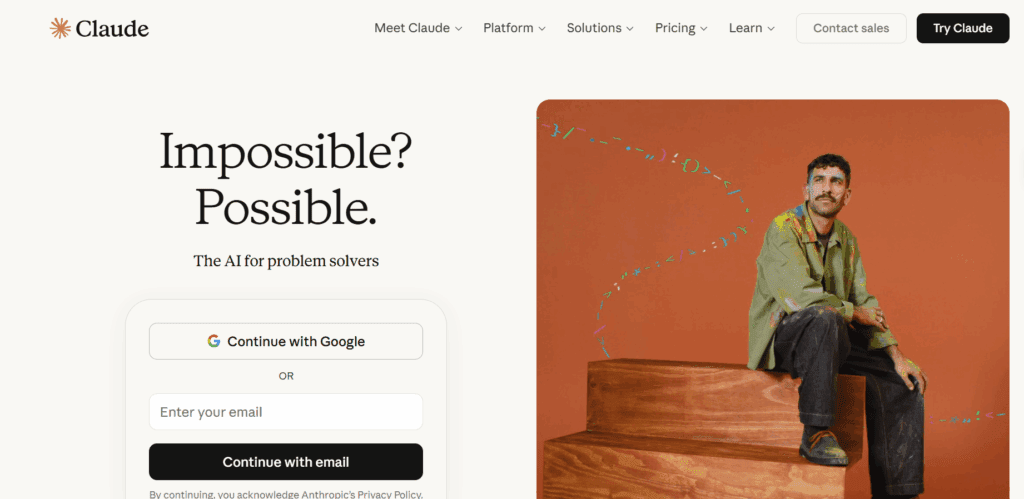How AI Assistants Are Changing Marketing and Content Creation

Marketing has never stood still. From print to radio to digital, every era brought tools that reshaped how businesses connect with audiences. Today, the new driver of change is artificial intelligence. Specifically, AI assistants are transforming how content is created, managed, and scaled.
For marketers, creators, and businesses, this shift is massive. Campaigns that once took weeks can now be drafted, refined, and launched in days. Work that once required large teams can be achieved by smaller groups with the right tools. AI assistants are not here to replace creativity, but to multiply it.
This article explores how AI assistants, especially AI writing assistants and AI content tool, are changing marketing and content creation. We’ll review the benefits, limitations, and opportunities, while showing how platforms like VidAU help businesses move faster in a video-first world.
What Is an AI Assistant?
An AI assistant is a digital tool powered by artificial intelligence that supports specific tasks. Unlike traditional software, AI assistants can learn patterns, process natural language, and deliver outputs that feel closer to human work.
There are several types of AI assistants:
- General-purpose assistants: Tools like Siri, Alexa, or Google Assistant handle reminders, searches, or smart-home tasks.
- AI writing assistants: Platforms that draft blogs, ads, social captions, and scripts.
- AI content assistants: Systems that create videos, generate subtitles, translate content, and even design visuals.
In marketing, the most impactful are AI writing assistants and multimedia-focused AI assistants. These tools allow teams to speed up repetitive work, scale campaigns, and personalize content for global audiences.
Why Marketers Are Turning to AI Assistants
Marketing moves at the pace of culture. Social media trends rise and fall in days. SEO requires constant updates. Paid ads demand fresh creative to keep click-through rates high.
AI assistants help teams keep up by:
- Speeding up ideation: Instead of hours of brainstorming, AI can produce content angles and headlines instantly.
- Improving efficiency: Teams can draft scripts, captions, or product descriptions in minutes.
- Cutting costs: Businesses reduce reliance on large writing or editing teams for repetitive work.
- Scaling campaigns: A single campaign can be adapted into dozens of posts, ads, and videos.
For businesses, the result is clear: faster output and better reach without scaling headcount.
AI Assistants in Content Creation

AI assistants are reshaping the way content gets made. Instead of long workflows that involve multiple specialists, teams can now rely on AI to handle everything from drafting ideas to building multimedia assets.
One of the biggest shifts is in script and video production. An AI assistant can generate structured scripts from a simple idea. VidAU takes this even further by turning those scripts into ready-to-publish videos with subtitles, voices, and even avatars. This means that what used to take days of writing, editing, and filming can now happen in a single streamlined process.
AI assistants also play a role in repurposing content. A blog post can be condensed into social captions, short ad scripts, or translated summaries. With VidAU, that same content can be converted into dynamic video ads or tutorials. Subtitles are added automatically, voices are generated through text-to-speech, and translations make the message accessible in multiple languages. Together, this creates a full content cycle with far less effort.
Another area where AI assistants shine is consistency across platforms. Instead of creating unique versions manually, AI tools help standardize messaging while adapting format for TikTok, YouTube, or Instagram. VidAU’s editing features support this by exporting videos in the right aspect ratios with captions that fit each platform’s style.
By combining these strengths, AI assistants remove the bottlenecks that slow content teams down. And with platforms like VidAU, the leap from idea → script → video → distribution becomes not just faster but smarter. This is how small teams compete with larger ones, and how brands stay relevant in a market where content demand never slows down.
Beyond Text: AI Assistants for Multimedia Content

Modern marketing is no longer text-driven alone. Blog posts and ad copy matter, but audiences today spend more time watching, scrolling, and sharing videos than reading long articles. Platforms like TikTok, Instagram Reels, and YouTube Shorts dominate attention spans. This shift means marketers need tools that go beyond writing.
That’s where AI assistants for multimedia content come in. These tools help brands scale video, audio, and visuals at the same pace as text. Instead of outsourcing to multiple teams, businesses can now handle the entire content mix inside one AI-powered workflow.
Key Functions
1. Auto Subtitle Generation
Captions are no longer optional. They make videos accessible to global audiences, improve comprehension in sound-off environments, and increase SEO value. AI assistants now generate subtitles instantly, saving hours of manual transcription. They also support multiple file formats (SRT, VTT), making it easier to repurpose content across platforms.
2. Translation for Global Reach
Brands no longer operate in one language. AI assistants can translate scripts, captions, and even spoken lines into dozens of languages. This feature unlocks new markets without the cost of human translators for every piece of content. A campaign produced in English can now resonate in French, Spanish, Swahili, or Mandarin, all within minutes.
3. AI Avatars
Hiring actors for every campaign is costly and time-consuming. AI avatars change that. With lifelike avatars, brands can create presenters who deliver messages consistently across videos. They can be styled to match the brand’s tone, formal, casual, or even playful. This allows businesses to scale spokesperson-style content without the expense of filming talent each time.
4. Voice Cloning and Text-to-Speech
Professional audio is key to building trust. AI assistants now clone voices or generate natural-sounding speech from text. This makes it easy to produce narration for explainer videos, ads, or tutorials. Brands can even use the same cloned voice across multiple campaigns, reinforcing consistency.
5. Image-to-Video Conversion
Static images used to be the end of the line. Now, AI can animate photos and transform them into short videos with transitions, text overlays, and effects. This is especially powerful for e-commerce, where product photos can be turned into dynamic video ads without a production team.
Why It Matters
Multimedia AI assistants unlock a level of speed and creativity that traditional workflows can’t match. They reduce costs, simplify production, and allow marketers to scale across formats without losing quality. Most importantly, they meet audiences where they are: in video-first, visual-driven environments.
This is where platforms like VidAU shine. VidAU combines AI writing, scripting, and multimedia tools in one suite. That means a team can go from text → script → video with subtitles, avatars, and voiceovers in a single workflow. It’s a streamlined path from idea to finished campaign.
AI Assistants vs Traditional Workflows
Before AI, marketing teams followed linear workflows: brainstorming → writing → editing → design → production → distribution. This could take weeks.
With AI assistants, that timeline is compressed.
Traditional Workflow Challenges
- High production costs.
- Long approval cycles.
- Reliance on large creative teams.
- Difficulty scaling content for multiple platforms.
AI-Powered Workflow Advantages
- Faster drafts with AI writing assistants.
- Instant video generation with AI avatars and templates.
- Automated subtitles and translations.
- Quick repurposing of one campaign into multiple formats.
Case Example
A brand that once needed 3–4 weeks to produce an ad campaign can now ideate, script, and publish within a week using AI assistants. VidAU users often save 90% of their production time, a difference that translates into faster launches and higher ROI.
Commercial Impact of AI Assistants
Businesses that embrace AI assistants don’t just save time. They cut costs, scale faster, and reach wider audiences. The result is a clear, measurable edge over competitors still relying on traditional workflows.
- Lower production costs: AI assistants reduce the need for large creative teams and costly outsourcing. What once required editors, translators, and voice actors can now be managed in a fraction of the budget.
- Scalable campaigns: Global brands no longer need separate teams for each region. With AI, they can run localized ads in 29+ languages at once. Campaigns that once felt impossible to scale are now manageable for even small teams.
- Global reach: Subtitles and translations ensure every video is accessible, no matter the audience. This doesn’t just boost inclusivity. It also expands a brand’s footprint into new markets without the heavy costs of localization.
- Faster turnaround: Campaigns move from draft to live in days, not weeks. Quick iterations leave more room for testing, optimization, and doubling down on what works.
- Improved ROI: Efficiency pays off. Less waste in production means marketing budgets stretch further. More content output equals more opportunities to connect, convert, and grow revenue.
- For e-commerce brands, agencies, and startups, these advantages level the playing field. Smaller teams can now compete with bigger competitors, because AI assistants give them the same scale and reach, without the overhead.
For e-commerce brands, agencies, and startups, these advantages level the playing field. Small teams compete with bigger competitors because AI assistants give them leverage.
Choosing the Right AI Assistant
Not every AI tool is created equal. Picking the right assistant requires a checklist.
- Ease of use: The platform should be simple for non-technical teams.
- Accuracy: Content should be relevant, not generic.
- Multimedia support: Text alone isn’t enough, video matters.
- Integrations: Ability to connect with existing tools.
- Support: Access to help and tutorials for smoother adoption.
VidAU stands out because it’s not just an AI writing assistant. It’s a full content suite. Businesses get writing, scripting, video, subtitles, and avatars in one place. This reduces the need to juggle multiple subscriptions.
The Future of AI Assistants in Marketing
The trajectory is clear. AI assistants are becoming the backbone of modern marketing.
- Multilingual AI will make global campaigns effortless.
- Hyper-personalization will allow brands to tailor content for individual customers.
- Video-first marketing will dominate as short-form platforms continue to grow.
- Integration with analytics will close the loop between content creation and performance tracking.
For marketers, this isn’t about asking if they should adopt AI assistants. It’s about when. Early adopters already gain speed, cost savings, and reach. Late adopters risk being left behind.
Conclusion
AI assistants are no longer optional. They’re essential. From AI writing assistants that generate blogs and scripts to AI video tools that create professional ads in minutes, these platforms are reshaping how content is produced.
AMP once showed how collectives amplify culture. In the same way, AI assistants amplify productivity. They let small teams act like large ones. They give businesses the speed and scale to win in competitive markets.
For marketers, the choice is clear: adopt AI assistants or risk falling behind. And for those ready to move faster, VidAU provides the perfect balance of AI writing, scripting, and video generation tools. With VidAU, you don’t just keep up, you get ahead.
Frequently Asked Questions (FAQ)
1. What is an AI assistant in marketing?
An AI assistant in marketing is a digital tool powered by artificial intelligence that supports tasks like research, content writing, video creation, and campaign optimization. It helps teams work faster and scale campaigns without extra headcount.
2. How do AI writing assistants help with content creation?
AI writing assistants generate drafts, outlines, and scripts in seconds. They save time, improve consistency, and make it easier to scale blog posts, ads, and captions. With VidAU, those scripts can also be turned into ready-to-publish videos, bridging the gap between text and multimedia.
3. Can AI assistants replace human marketers?
No. AI assistants are designed to support marketers, not replace them. They handle repetitive tasks and speed up production, but human creativity and strategic oversight remain essential to connect with audiences authentically.
4. What types of content can AI assistants create?
AI assistants support multiple formats including blog posts, ad copy, product descriptions, subtitles, translations, voiceovers, and even video scripts. Platforms like VidAU expand this further by generating full video content with subtitles, avatars, and voice options.
5. Why should businesses adopt AI assistants now?
Businesses that adopt AI assistants gain speed, reduce production costs, and reach wider audiences through multilingual content. In competitive markets, using AI tools like VidAU ensures brands can launch campaigns faster and maximize ROI without expanding budgets.
